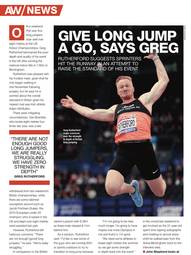 There are not enough good long jumpers. We are really struggling. we have zero strength in depth", says Greg Rutherford in this week's Athletics Weekly. This is a subject very close to my might heart as a former international long jumper and now coach. Have we every had strength in depth in the long jump? Could be more of a truer comment. When I was competing 8m jumps were very rare. I think in my six or so years in the top 10 in the UK there were maybe 5-10, 8m jumps (not jumpers). Then how long did it take for Lynn Davies' 1968 set, British record of 8.23m to be broken? Thirty-five years. That's when Nathan Morgan jumped 8.26m. And it wasn't until 2011 until a Brit got over 8.30m - Chris Tomlinson with 8.35m. The rest of the world moved on, sort of. Overall long jumping in the noughties was not that spectacular. The US has (bar Dwight Philips) really only started to get going again in the long jump after the era of Carl Lewis, Mike Powell and Larry Myricks in the eighties and nineties - with the likes of Jeff Henderson and probably the bigger talent Jarrion lawson. Indeed on the whole world long jump standards have really only just started to pick-up recently speared on by Luvo Manyonga. I coached a European junior Champion Elliot Safo (2013) - he's an incredibly talented jumper, yet in many ways he was lost to the sport, like many other talented athletes have from many other events. We're trying to entice him back BTW. We don't seem to be able to nurture our talent like other nations. When I was at the European Jumps convention in Falun last autumn it appeared that other European nations invested more in their athletes and attempted to keep them in their systems in some ways. Now this may be a reflection of the fact that they have fewer athletes of note and therefore in whichever event they come along in and have success in these nations don't want to let them go. Our athletic system can't run to supporting hundreds of talented athletes (unlike in professional football where one academy would have a budget I'd guess many times greater than the UKA Future's programme. What can we do to get more long jump talent? Well, try to hold onto the ones we have. It was great to see Feron Sayers start jumping well last year in particular, he like Elliot was a great talent in his junior days (7.80m). But do these and other athletes get support? Most of the post 23-year-old athletes competing in our national champs work full-time and have all those life commitments that preclude them really focussing on their profession. If you were England's 6th choice fly-half you'd not be juggling work with playing. Yet it's probably only Greg who is a full time jumper now. Help has to come from somewhere. We need to think how the process of helping our jumpers develop works. We need to share knowledge and resources and work together. We need to create a situation where 8m is the starting point and not the goal for success in the event. And yes, we do need more guys with speed to try the event as Greg highlights. Brutally honestly most of our long jumpers aren't really fast enough. Rowing, and handball was it? had talent identification days, I think before the 2012 Olympics, basically they were searching for tall people! Why can't a similar speed and jump initiative be established for the long jump (and er triple jump). Men who can run consistently 10.40-10.70 for 100m... or around 6.70 for 60m... but who can jump, may be 6.50m without knowing how to jump, if that makes sense. It has to be said there are some sprinters who you can see would probably be able to jump and others that probably couldn't. But at least if we tried to find some talent then we might be able to unearth some 8m guys. The event with the success of our women and Greg in particular has a potential to be in the spotlight, it's just that the light is not switched on nor pointed in the right direction. Postscript: Are we that bad? The US has won the majority of Olympic long jump titles didn't recently in 2008 and 2012 (Irving Saladino and of course Greg did). Britain has won two Olympic long jump gold medals (Lynn & Greg) which is one more than any other nation other than the US. So we do have the talent, it just comes along sporadically. Now's to try to get a conveyor belt going. Below (R). Elliot Safo: 2013 Euro junior long jump champion (world junior finalist; Euro Youth Olympics Gold medalist, Commonwealth Games Youth Games silver medallist). (Elliot, If you're reading this, it's time to dust of those spikes!!!) Below (L) A look inside Feb 22nd Athletics Weekly
0 Comments
Recently has been a very busy period for me. Like many of us, time seems to be running at warp speed and yesterday seems to have not finished before today starts.
After returning from England coaching duties in Vienna, where I was jumps team coach (a great honour), I got a phone call from Wendy Sly from the Great Run company about Athletics Weekly. Would I be interested in doing some writing for the magazine on a more permanent basis (I’d regularly contributed over many years)? This was another great opportunity and, something I’d not have foreseen, thirty-five odd years back, when my name first appeared in the UK men’s top 50 lists for the long jump. I was 17 and had managed a jump of 7.04m in that year’s English Schools. I recalled how I flicked through the then small A5 copies of AW at my school – one of the teachers must have been a runner. I recall a copy with, I think, the East German sprinter Marlies Gohr on the cover. AW has always been around for me as a coach and an athlete and occasional master athlete and now I have the opportunity to be a regular contributor. We (us athletes) all wanted to see our name in print in the mag and wow, if we got our picture, now that would be an achievement. I’ll be writing on the performance aspects of the sport, through my own devices/assignments and contacts and via suck knowledgably contributors as Dave Lowes, Tom McNab and others. I’ll be calling up some of my coach friends to see if you have some nuggets of information! Also, if any of you reading this have ideas for content let me know. The first few weeks have been hectic, getting copy together and learning what I have to do. I’ve still got some other commissions for other magazines and websites to complete too and of course there’s my coaching. But it’s a fun (most of the time) and somewhat obviously writing for AW and my coaching fit very well together. Over the past few decades of health, fitness and sports writing/editing I’ve had the privilege and the opportunity to talk to so many sportsmen and women and coaches, fitness instructors and strength & conditioning experts and even fly over the rain forests of Brazil whilst covering an ultra race (that’s a story for another day). Magazines are still an entertaining and invaluable means to kick-back, switch-off and relax, but they do need to evolve and utilise social media and in particular video to engage, further their reach and make some money! My YouTube channel was in a way a reflection of these changing media times. I should have been more proactive many years back… but better late than never. So for AW you’ll be reading more from me and maybe hearing and even seeing a bit of me in some of the videos I hope to make to go with some of the articles. Oh, and speaking of busy weeks, here's a review of three of the group's performances at the British Trials and the British Universities and Colleges Championships last weekend.
Click to set custom HTML
Coaches - trust your knowledge
As coaches we are always trying to learn how to improve our athletes but sometimes the research we refer to can leave us dangling, it can be a little obtuse and simply (well, actually not simply sometimes) difficult to understand. It’s been part of my life for many years to read learned papers and decipher what the white-coated boffins of the sports science labs are coming up with and telling us “will” or “won’t work” (and often at the same time). Now, the problem can be that as much of the research takes places with “controlled” reference groups in lab settings (and not in real world sports environments) and over limited time periods that direct take-home relevance may be lacking. The research may at best guide us i.e. it doesn’t provide specific recommendations on how to implement the research findings practically. As coaches we must not always defer to the sports scientists as we have the day-to-day first-hand experience of putting training methods into practice and of seeing the results. We must use the sports science to guide our coaching but it should not always lead us, and we should trust our own accumulated knowledge to interpret.
It was an honour to be called up to coach for England (long and triple jump) at the early season Vienna international meeting at the end of Jan.
This was the second time that I have coached for England, the first being on home soil at the Loughborough International, the season before last. Who'd have thought that I'd, sort-of, be an international again, twenty years after pulling on my last England vest in an international in Ukraine against the Ukraine. Coaching athletes you are not familiar with is not an easy task and really we're only, as team coaches supposed to offer basic advice, such as position on the board. We also have to ensure that the athletes get to their events on time and have everything they need. I'll not write too much about what directly happened as I pulled together a video on my experiences - which you can see below. Also there's. full write up of all the happenings across all events on the England website - click here to read that. It was a great experience coaching from the sidelines as ever and the athletes performed well, albeit some with some early season cobwebs. Social media When I was an athlete you would hardly know your teammates let alone your team coaches and this is one area where social media can be beneficial. Through Instagram in particular I was familiar with at least two of the jumpers I would be working with, so I was able to take a look at their jumping styles and even communicate with them prior to the event. And rather scarily, but in a good way (if that's possible) I was recognised from my youtube channel by two Austrian jumpers. The power of the internet eh?
Click to set custom HTML
|
Categories
All
Click to set custom HTML
|
Proudly powered by Weebly
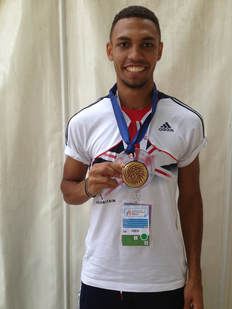
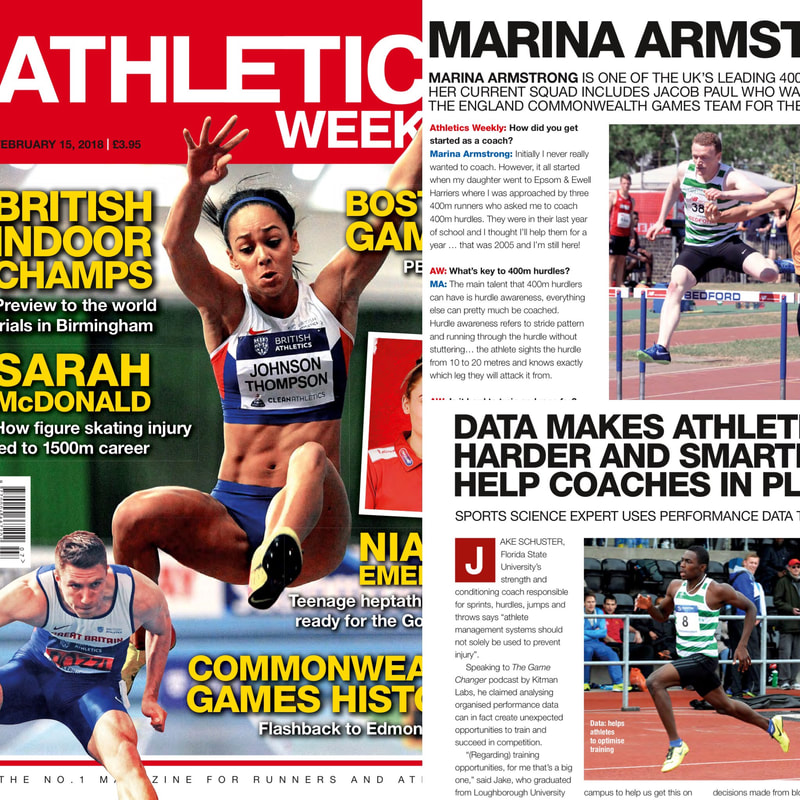
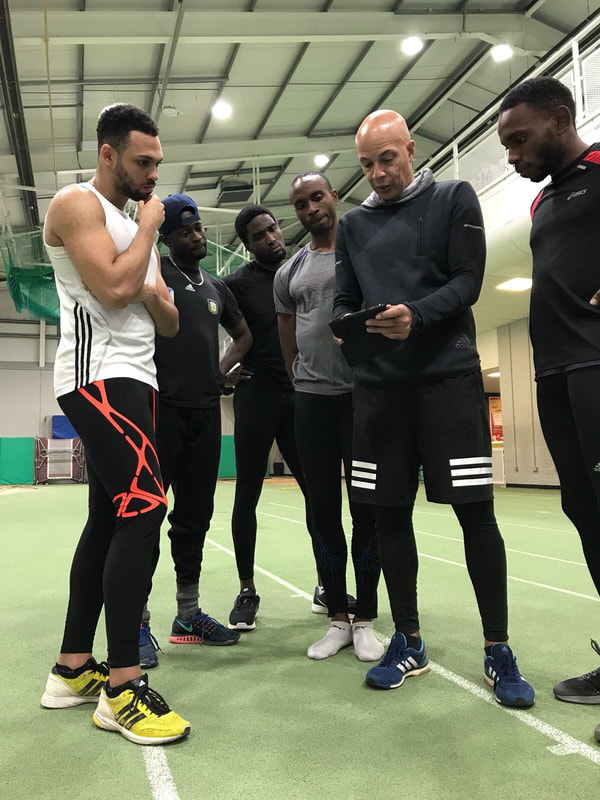
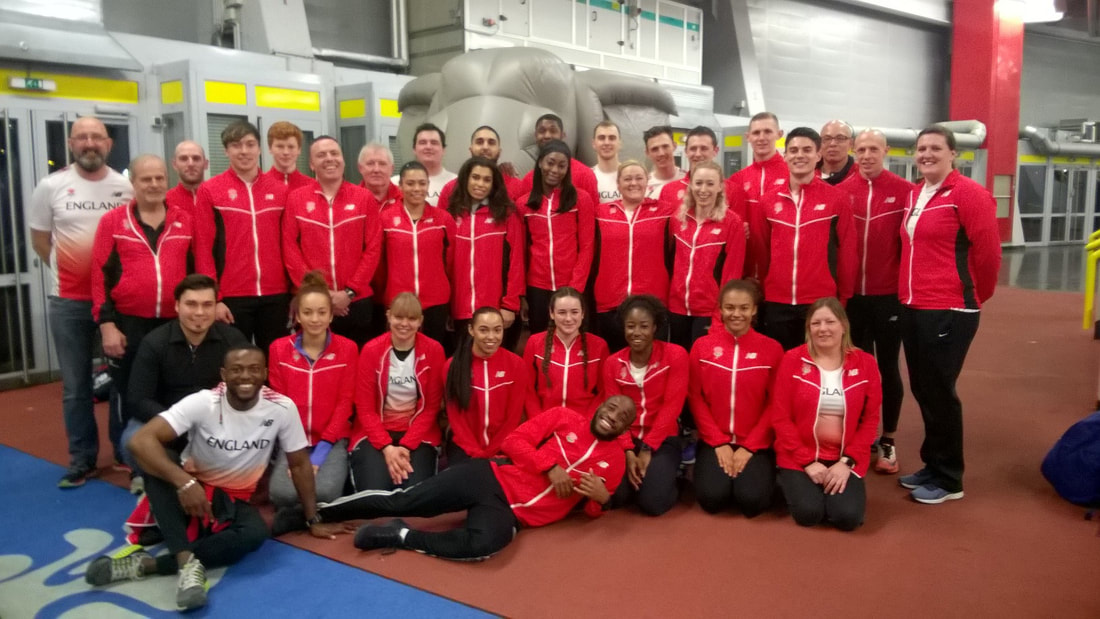

 RSS Feed
RSS Feed
